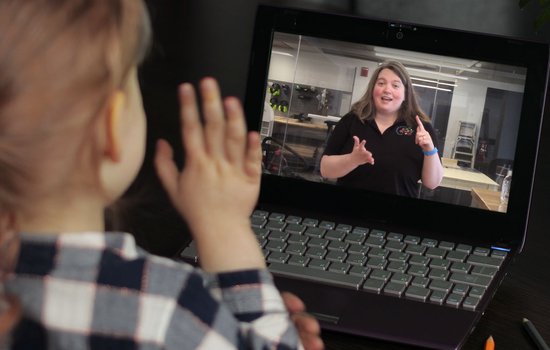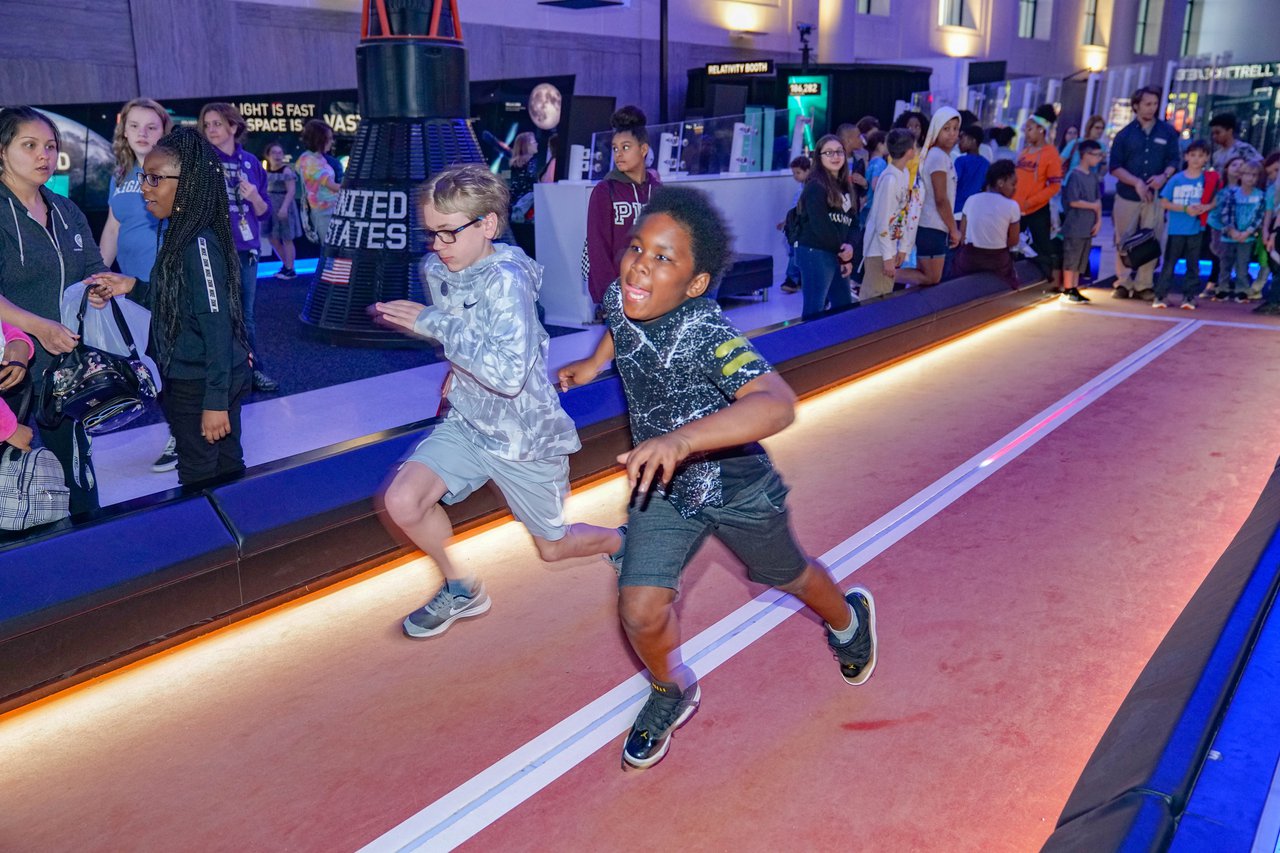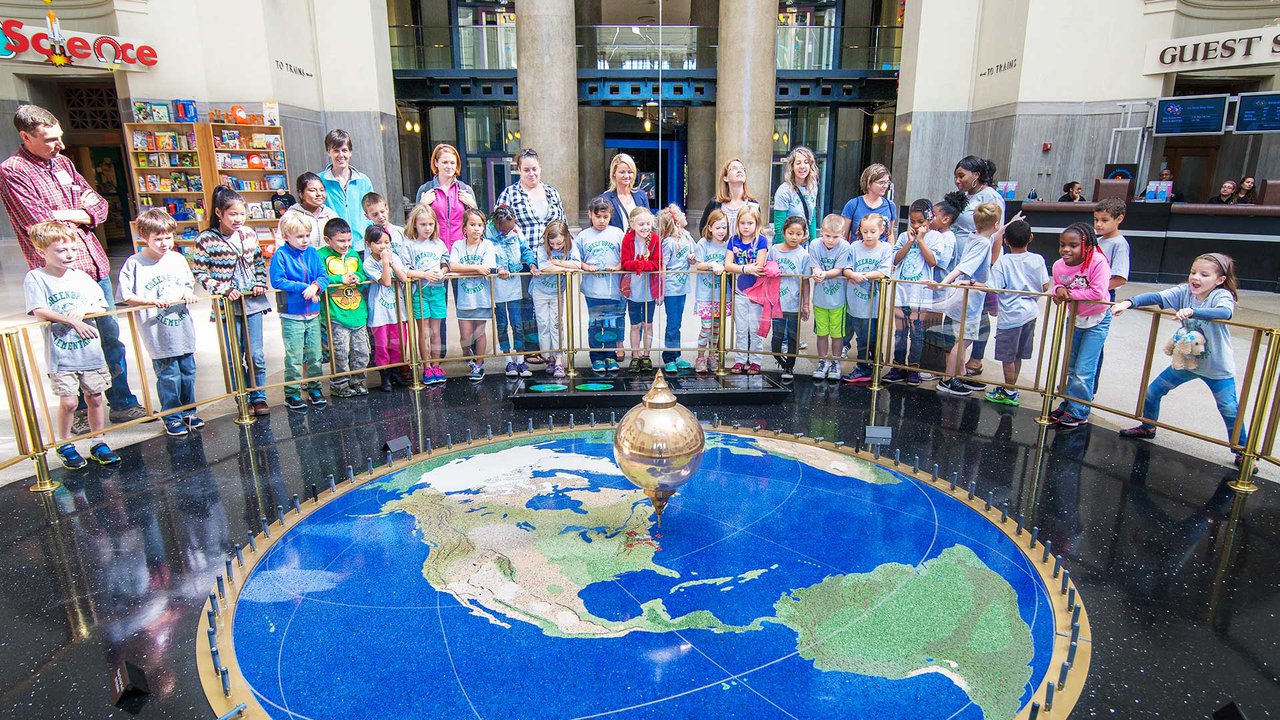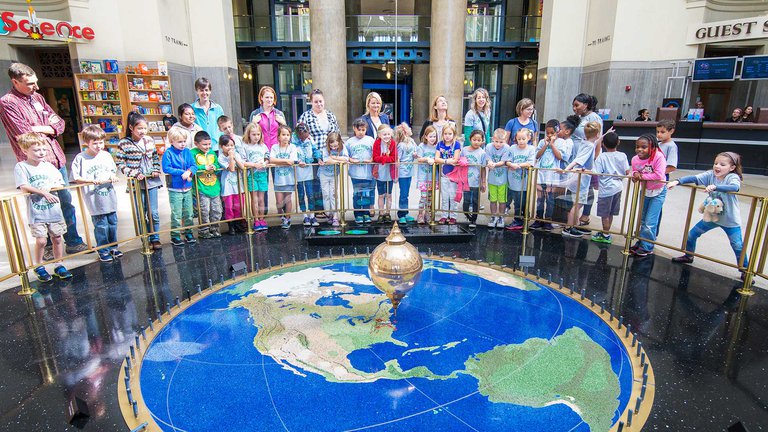Where Science and Play Collide
How do we pack so many engaging, memorable and awe-inspiring moments into our group visits? That’s easy: we have it down to a science!
Give your group members the chance to explore exhibitions, see films, participate in hands-on workshops, enjoy live demos and visit labs to truly experience how science, technology, engineering and math apply to nearly everything around them. Science Museum offerings provide numerous ways of meeting the scientific investigation, reasoning and logic strands in the Virginia Standards of Learning.
With dozens of customizable options, we’re ready and waiting to ensure your group has a stellar visit.
Know before you go! Check out our Field Trip Guide to see all your group can do at the Science Museum!

Spark inspiration and wonder by bringing your classroom lessons to life.

Give your homeschoolers the chance to discover the world around them.

Bring Science Museum experiences to you with our digital offerings.
Group Visit Policies

Field Trip Guide


